A lot has been written about the recently announced Apple Music as a streaming music service for consumers, but one thing I have been curious about as an indie musician is the new Connect service. How does it work? What impact will it have on me and you as indie and DIY artists? Should we make the effort to “claim” our Connect artist profile pages? Is Apple going to save the music industry or has it replaced Google as the new 500 lb gorilla villain?
A Powerful New Direct-To-Fan Platform
Benji Rogers of PledgeMusic recently wrote:
“Previously one of the biggest impediments to artists letting their fans know about external offers was the fact that iTunes and services like it owned all of the fan data. Therefore, they owned that connection. Using Apple Music’s Connect feature, artists can let their fans know in real-time what they are working on, link out to their pre-order pages and gather their fan data into a destination that they actually use and control. Artists can post ticket links, bundles and exclusive content to those who want to see it and, consequently, control the conversation.”
Rogers concludes his post with the prediction that “The platform that becomes the thinnest skin between the artist and fan and fosters a meaningful two-way communication between them, becomes a bright part of the artist’s and industry’s future, no matter what.”
So is Connect the best thing to come along for DIY artists, or is it just another Ping, or worse – MySpace? What do we know and what should we make of it?
How To Onboard Millions Of Artist By June 30
I had an exchange on Twitter with Brian Botkiller, a drummer and electronic musician from New Mexico who quite rightly rebuts my glass-half-full, wait-and-see perspective with his flatly stated opinion of Apple Music:
@shadesofsolveig @radionowhere until I see that fans are clamoring to my apple music connect page or some other bullshit (lolz), fail.
— brian botkiller (@brianbotkiller) June 16, 2015
So I asked my musician friends on Facebook and Twitter whether they had claimed their Connect profiles and what the result was.
The answers I got were the all the same: about a dozen have attempted to claim their pages, and received the same notification I did from Apple:
[Tweet “Apple Music Connect: Thanks for reaching out.”]
Of course, as a friend of mine in the music tech space pointed out, “It’s an incredible undertaking to onboard this many artists by June 30 …and expect them to post compelling content in time for fans to see the day it goes live.” He added, “Apple may be hand picking that first wave and then letting everyone on later.”
[Tweet “It’s an incredible undertaking to onboard this many artists by June 30”]
The Benefits To Apple Music Subscribers
Apple Music will offer “members” (subscribers) of Apple Music some Connect-related features above and beyond what they will get simply with iTunes or Radio:
(source: Apple)
So Apple Music subscribers will be able to not only play and “Like”, but also to save Connect content. Did you catch that? They can save any content posted on Connect by the artist for offline listening. This goes to Benji Rogers’ point that Connect may be the best DTF platform yet – if execution is (eventually) done well. After all, millions of indie artist already have a footprint in the iTunes store thanks to digital distributors like CD Baby, Tunecore and others. So millions of artists already have Connect profiles.
If Apple provides a great DTF platform, and helps artists gather data directly, it could revolutionize the way artists connect with fans, distribute their content, and create community – not to mention sell their music and other services.
[Tweet “Will Apple Music Connect cut out digital music distributors?”]
Wait, does this mean Connect is being positioned to eventually completely cut out the digital distributors like CD Baby and Tunecore, because artists can post their content directly to Connect?
It is possible that Apple may also add a way for GarageBand users to upload new music to Apple Music Connect, a social platform that will enable artists to connect with fans. Apple hopes that Apple Music Connect will help not only well-known musicians, but also unsigned artists, to more easily promote their music and engage with their fans through one centralized platform.
The Borg continues the relentless outreach of its tentacles into all aspects of the music industry, from creation to compensation. Resistance is futile…
Royalty Payments For Artists
With its huge installed iTunes customer base, Megan Liscomb implies on Stan Stewart’s (@Muz4Now) blog that Apple Music could mean more revenue for artists, more than YouTube or Spotify. Not counting the free three month trial, which won’t pay any royalties, the word is that Apple will pay at least 70% (or more) out to rights holders.
Of course, Brian got to the heart of the issue for most artists during our Twitter exchange (well, his rant):
Of course, I wonder:
[Tweet “What is the royalty payment for music posted on Apple Music Connect?””]
And how will the songwriters/publishers be compensated when audio and video content is accessed (streamed or downloaded) via Connect?
Apple Music and Metadata
Music metadata and the lack of transparency in the industry is really the elephant in the room. Apple could help indie artists (and artists in general) by helping provide more transparency and data to artists, as Benji said.
Mark Knight, posted this on Music Think Tank:
“If Apple Music wanted to help Struggling Musicians they could have easily addressed the data problem”
But here’s the thing: Apple is a business. It’s goals are not the same as the goals of indie artists – or any kinds of artists. Fixing the metadata transparency issue would require Apple to spend money on developer time, and to think about the design of their software and perhaps change it. Apple’s never going to spend a dime paying a developer to modify Apple Music (formerly Beats) software if the direct monetary benefit to Apple is not crystal clear.
[Tweet “Apple Music is designed for one thing, and one thing only: to sell Apple hardware.”]
Music is free. Music is now a feature of hardware – the iPhone, to be specific. As my friend Don Harrison put it:
@shadesofsolveig It was obvious from the beginning: Who exactly is Apple Music for? Apple! What problem does it solve? More $ for Apple!
— Don Harrison (@IndieBizCoach) June 18, 2015
Apple Threatens Artists They Must Agree To Terms
Now, the disturbing news this week is that artists will not have a choice whether or not to be on Apple Music. A report in Fact Magazine claims that Apple has told artists they must accept the new terms of Apple Music, or be kicked off iTunes. Hmmm. I certainly don’t want to be kicked off iTunes.
I Claimed My Apple Music Connect Artist Pages
Despite some misgivings, I claimed my Connect Artist profile pages. It’s pretty easy, and you will get a confirmation email from Apple saying they will communicate again with you after June 30.
You can find out more about Apple Connect and follow the links to claim your artist profile page(s) from the Apple Music Connect FAQ page. You’ll be keeping the verification elves (summer interns?) at Apple that much busier over the next two weeks.
[Tweet “Keep the Apple summer interns busy. Claim your Connect profile.”]
How about you? Have you claimed your Apple Music Connect profile? What do you think of Apple Music Connect? Is it the best thing to happen to DTF and DIY artists since slices bread, or are you unimpressed? Share your thoughts in the comments below.

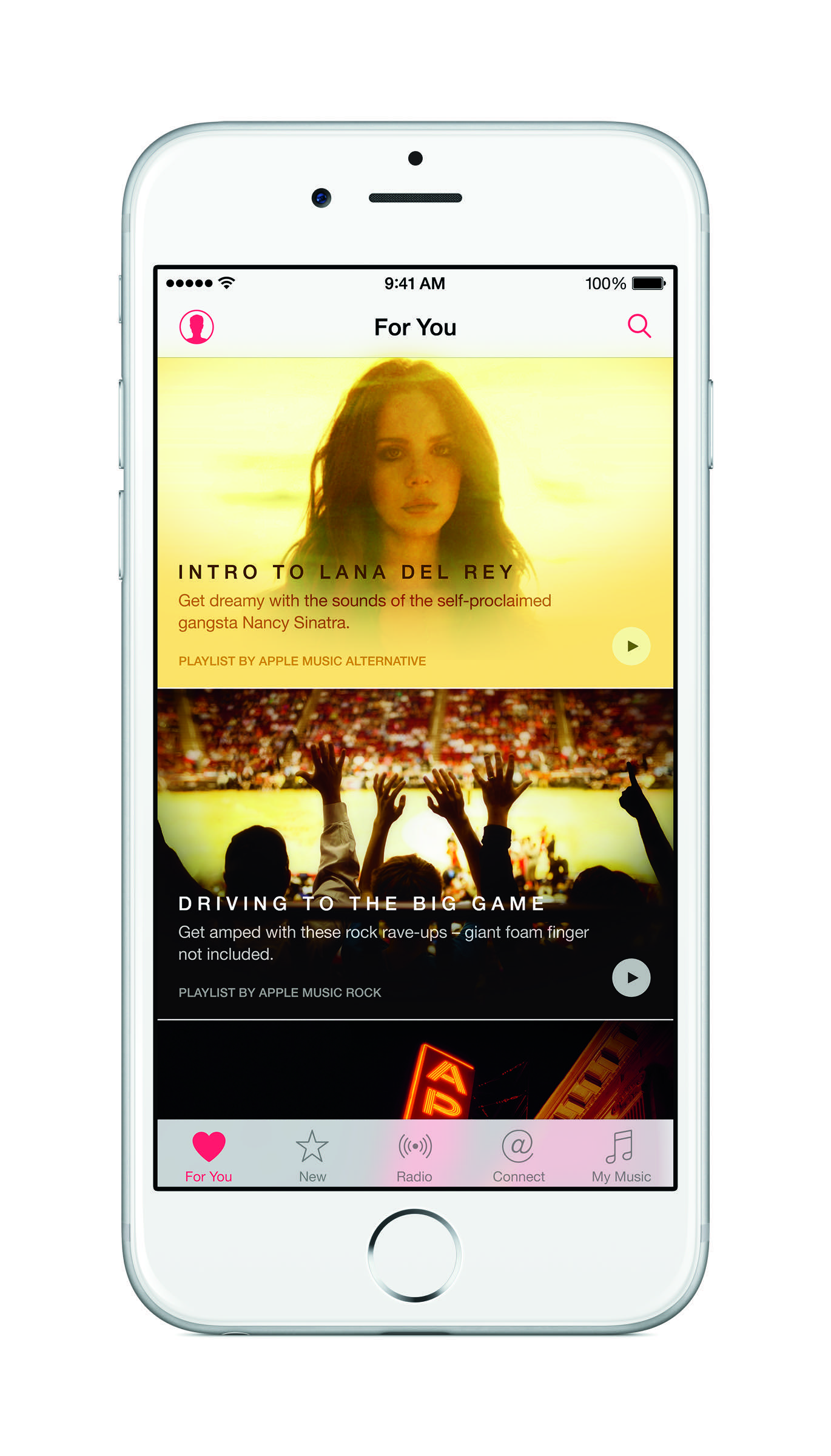
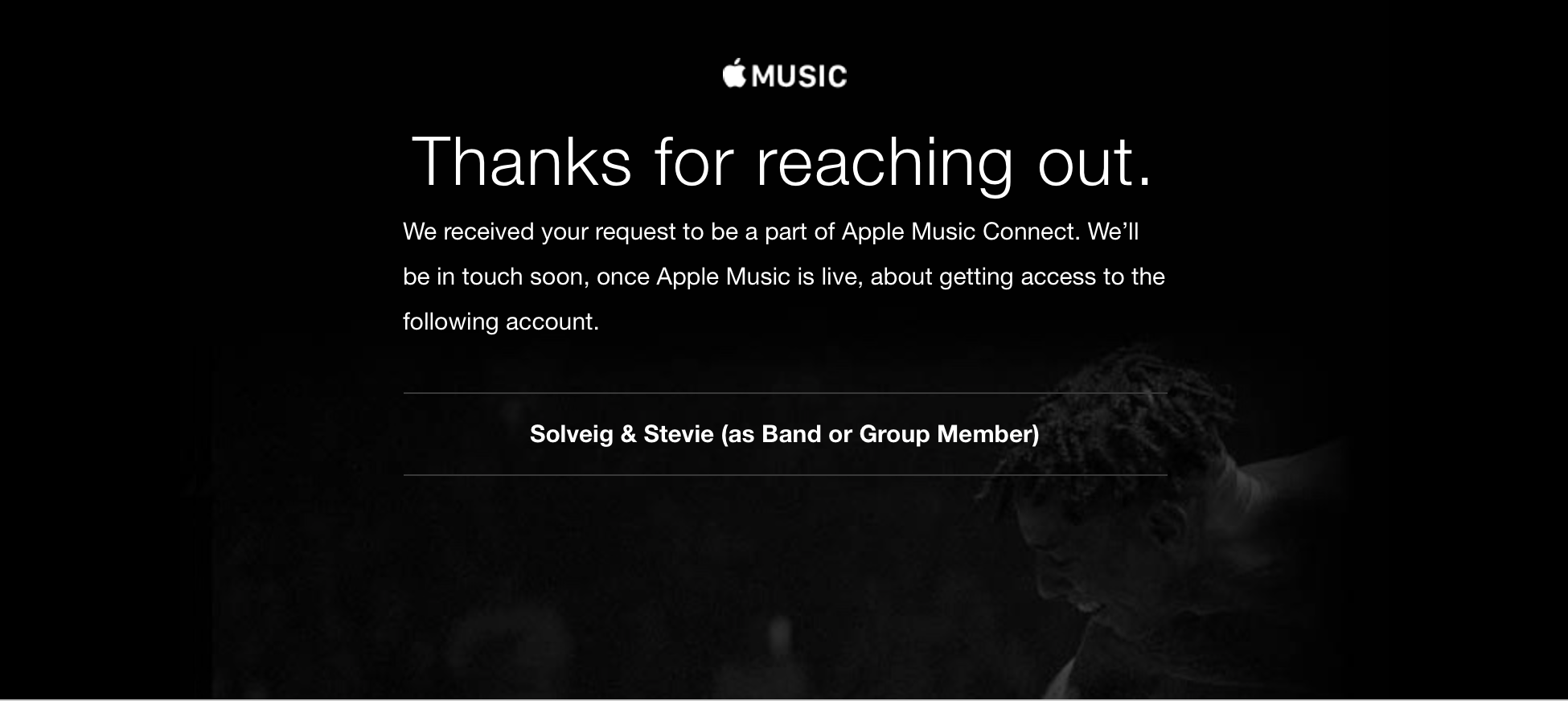
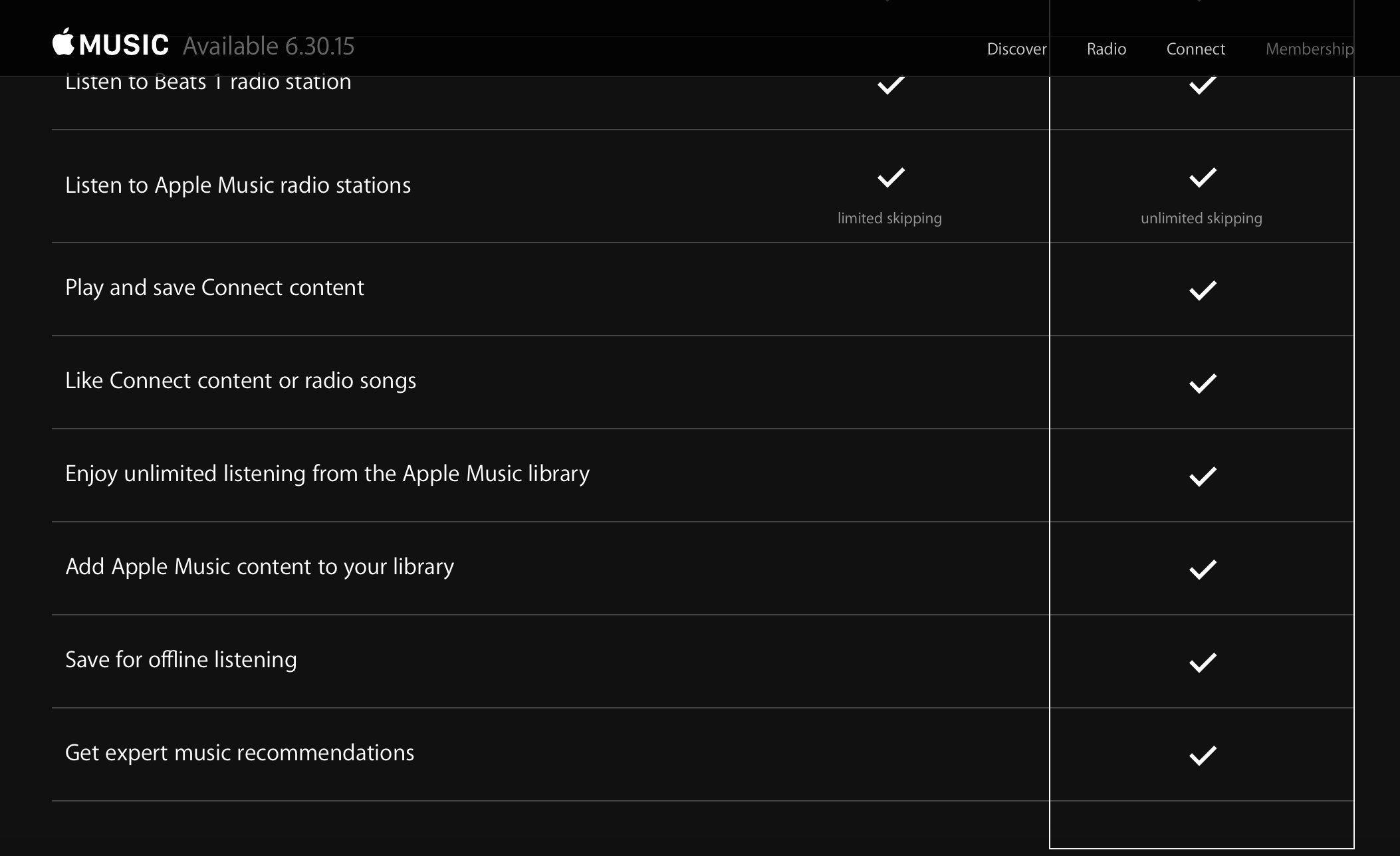
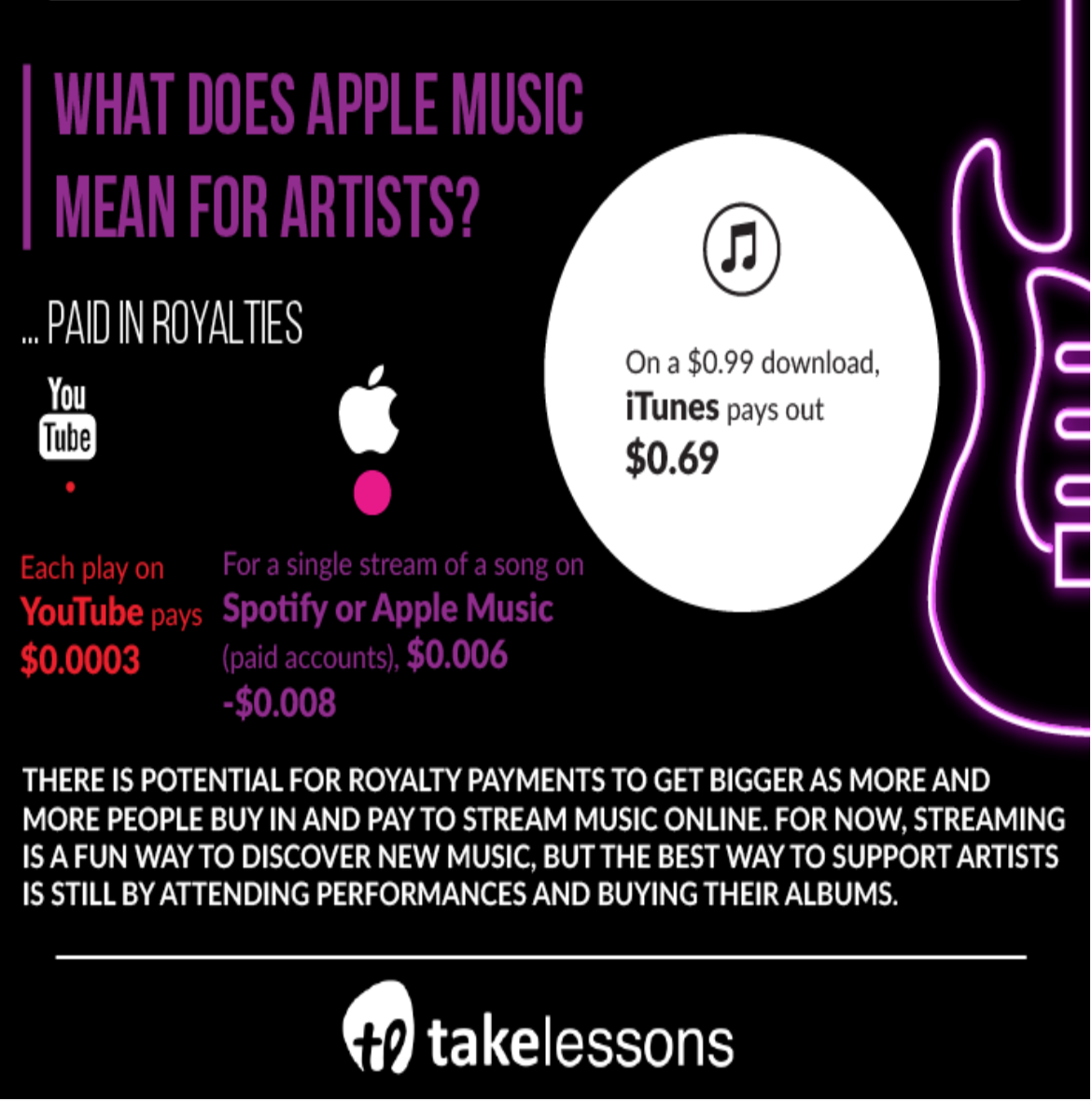
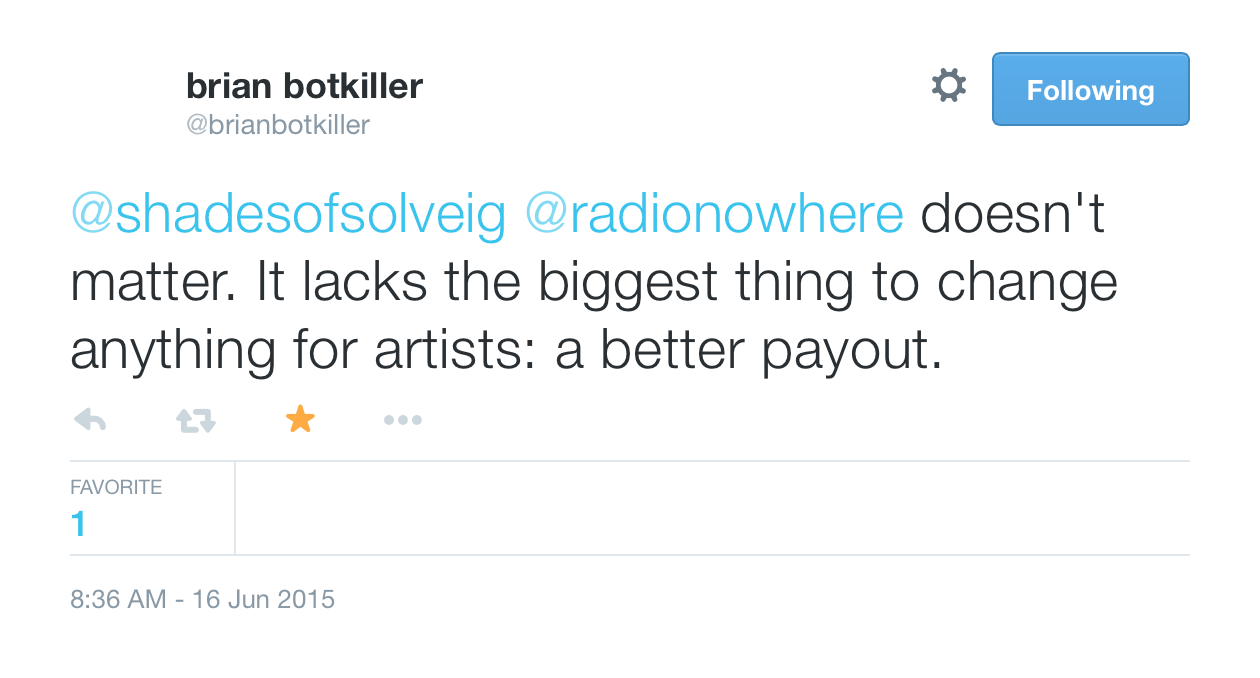
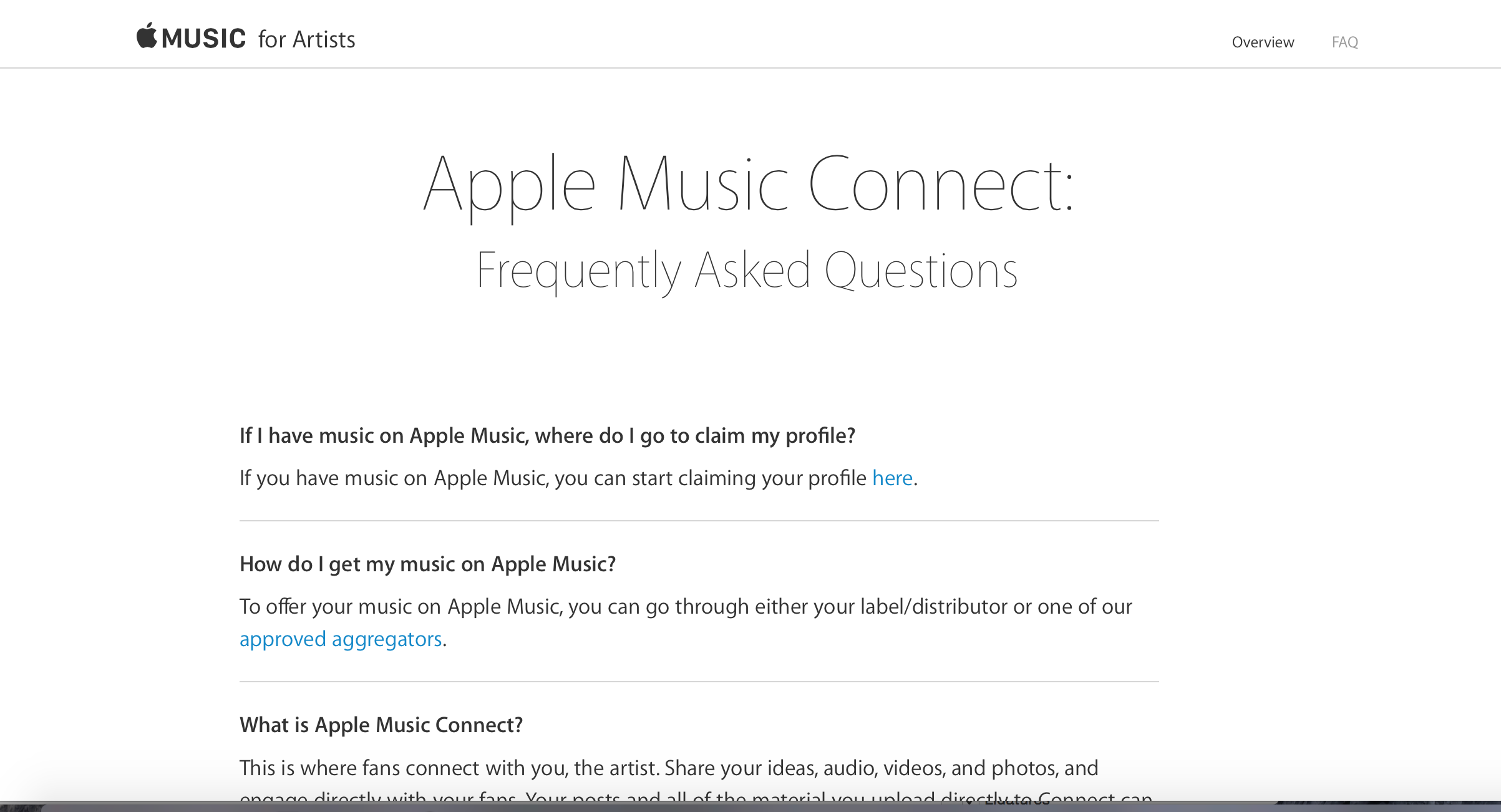

3 comments
I enjoyed this article. Thanks for including my two cents. But I do want to clarify that my response was to the article you linked to in your Tweet. Perhaps I read it wrond, but the author seemed to imply that Apple owes the indie musician something.
They don’t! I see Apple as the modern equivalent of the major labels gone by. The Beatles sell tons of music, the average indie doesn’t. It’s all about the biz $. On another note, I probably need to look into this a bit deeper as I have not really followed anything Apple has done, good or bad, so yeah 😉
Thanks for pointing that out, Don. I didn’t mean to take your comment on Twitter out of context, but so think the sentiment is vey valid. Apple is a company that has in the past, and continues to, use music as digital content to sell their hardware. It’s all about making money for Apple, and if that makes money for musicians – great – but it may not work out that way! And it’s neither Apple’s goal nor their responsibility. Except to make sure musicians make enough money to keep making music, of course. And that’s where the conundrum lies. After all, we are creating free content right now that others are no doubt monetizing somehow. The value of music is definitely hard to define or control in the digital world.
Great article. I’ll wait and see. There’s already Facebook, Twitter, Instagram and mainly my mailing list to connect with fans.
What I’m really more and more asking myself about those streaming services, is why not deal with them as movie producers deal with Netflix? Give them the content later. I’m wondering if for my next album, I won’t first sell CDs, do CD Release Shows, offer downloads on my website + CD Baby and Bandcamp and then months later put it up on Spotify, rdio, Apple music, etc… I get very little royalties from those streaming services anyways.
What do you think ?
Thanks for helping guys like us, you rock! 😉
Eric